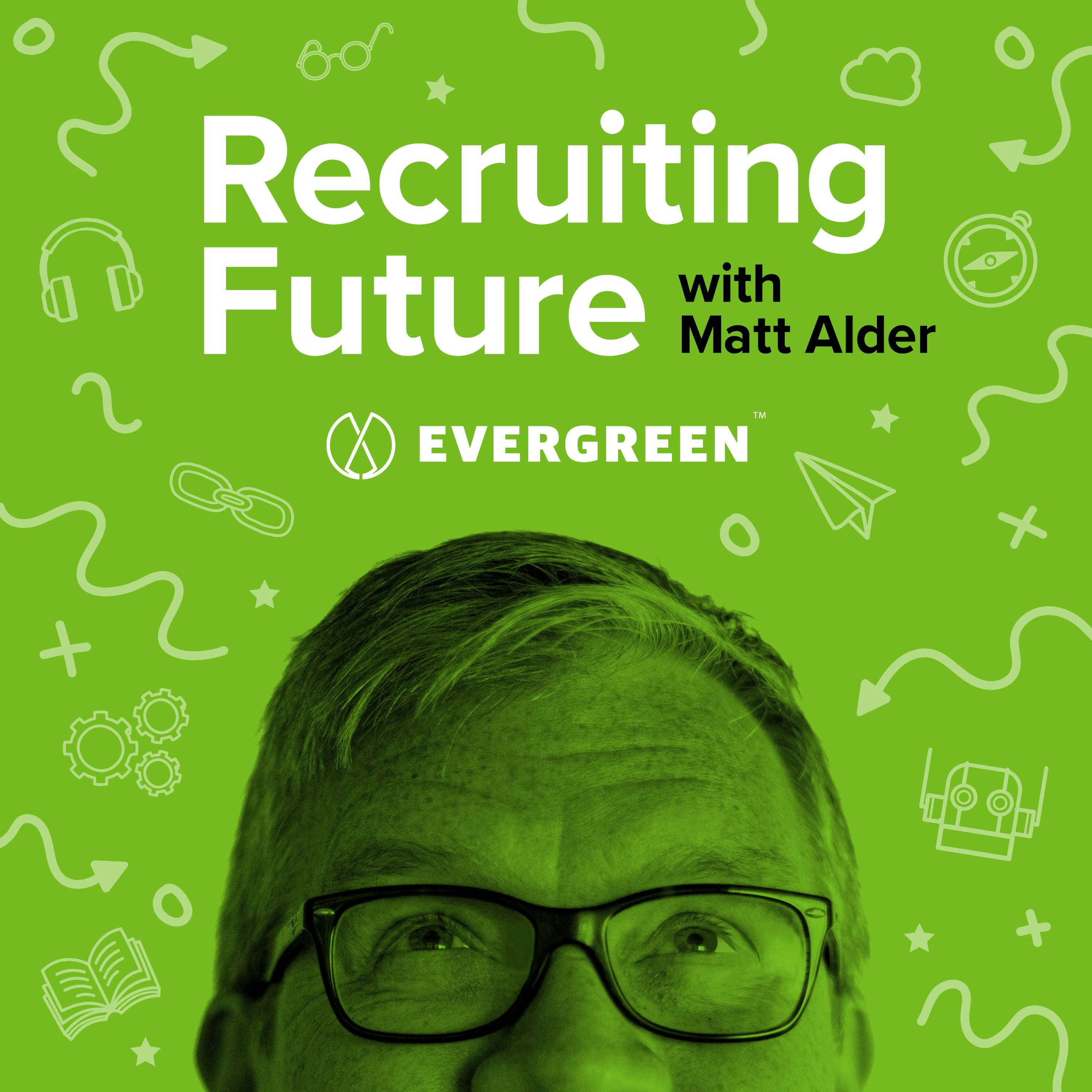An Inflection Point For Recruiting?
Description
Despite massive advances in technology and I/O psychology over the last 20 years, the recruiting process has stubbornly stuck with norms established nearly 100 years ago.
There is a massive body of scientific evidence that debunks the effectiveness of resume-based screening. At the same time, narrow definitions of talent and inflexible thinking make it impossible for many employers to recruit the skills they need for their business. But are we finally about to see things change? Two potential catalysts are mass access to Gen AI, which threatens to break recruitment systems as employers become overwhelmed by automated applications and the rise of skills-based hiring being used to solve talent challenges.
My guest this week is Caitlin MacGregor, CEO of Plum. Caitlin is on a mission to make recruiting fairer and more effective and help companies discover the true potential of their employees. Recruiting is changing, and this is a must-listen interview for anyone wanting to understand the direction the change is going in.
In the interview, we discuss:
Predicting long-term performance and retention
How AI is amplifying the ineffectiveness of the recruiting process
Mobility, retention and alternative pools of talent
Challenging long-established norms
Improving productivity by improving screening
Connecting people to opportunities based on their strengths
Democratising access to assessment
Making data transparent and easy to understand
How can employers accelerate their skills-based evolution?
Understanding your bench
The long-term future of recruiting
How much change can happen in 2024?
Listen to this podcast on Apple Podcasts.
More Episodes
It's becoming evident that we are at a critical pivot point for talent acquisition. While the debates around AI are sucking up most of the attention, massive shifts are happening in terms of the shelf life of skills, ongoing challenges with skills acquisition, and upskilling people for a very...
Published 04/30/24
Somewhere between 15% and 20% of the population is neurodivergent. The majority have yet to receive a formal diagnosis, and a significant number of those with a diagnosis choose not to share it publically. Over the last few years, we've seen a growing number of employers taking steps to be...
Published 04/26/24
Published 04/26/24


